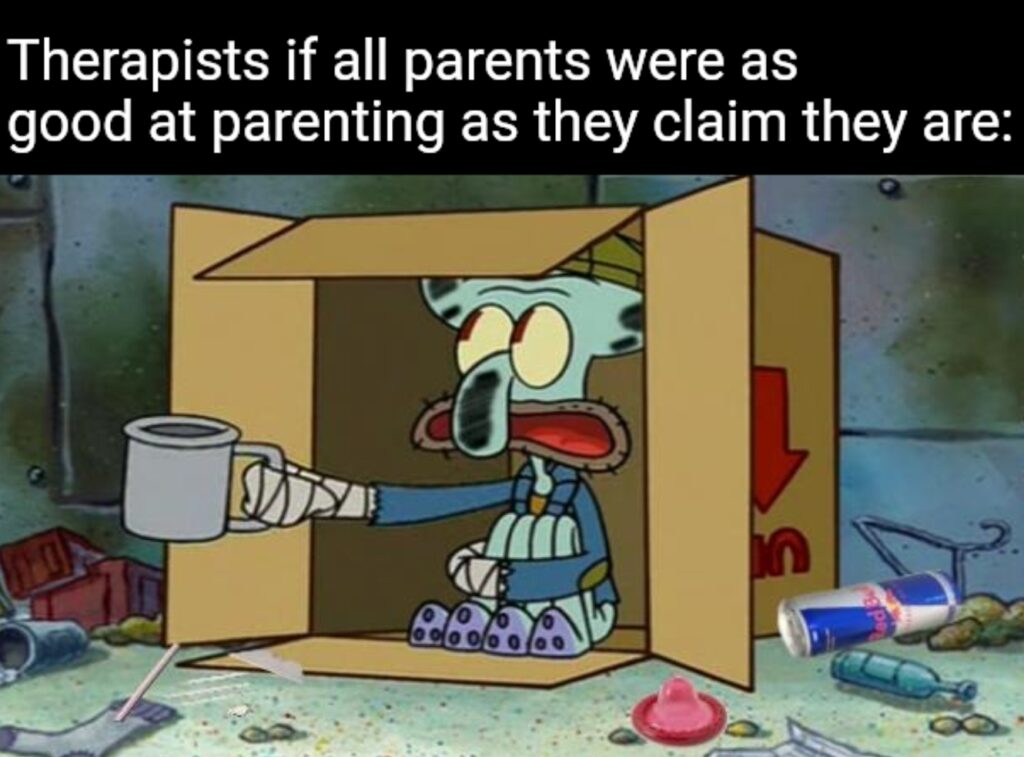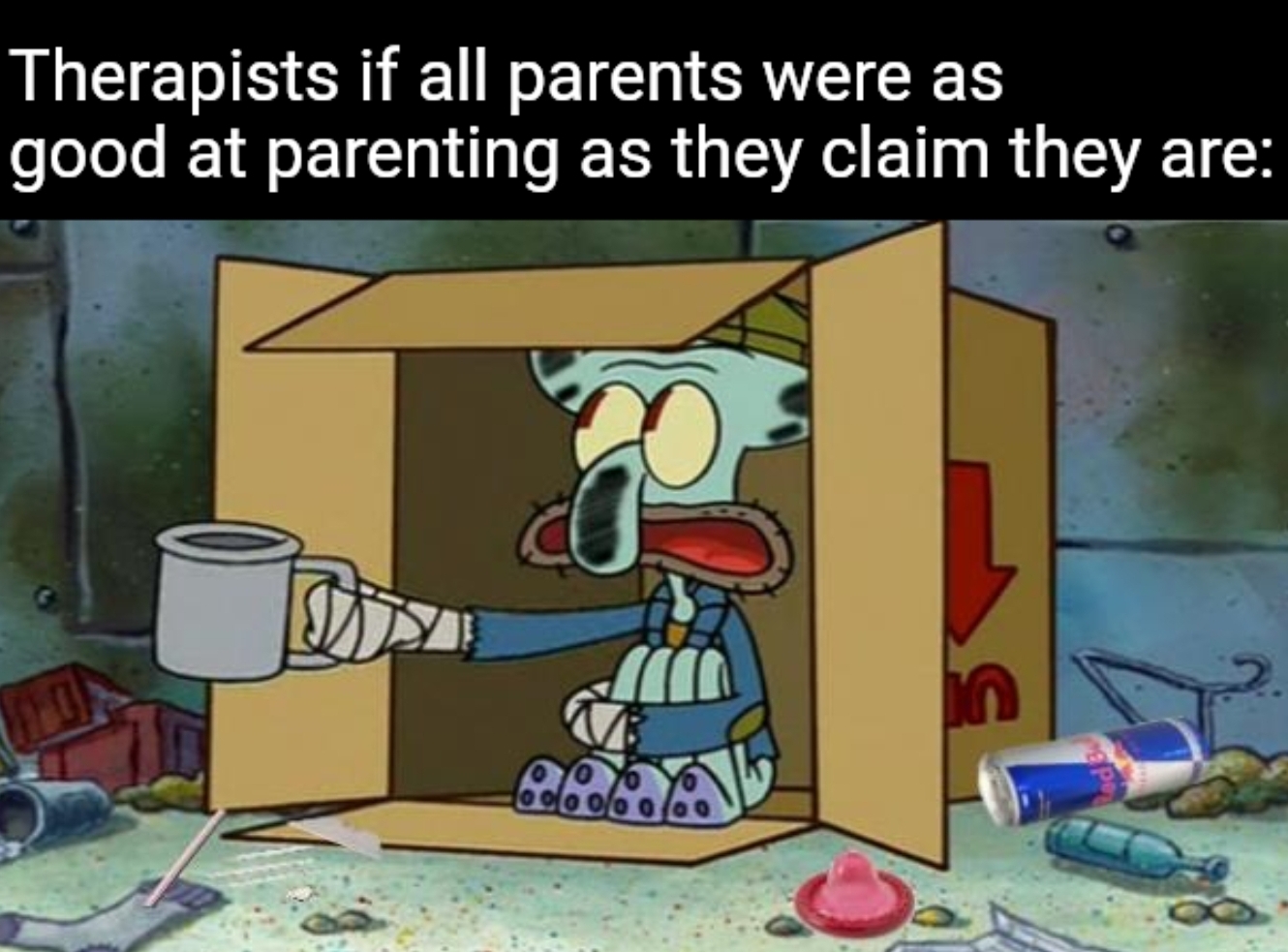
Don’t Tell Me How to Parent: Navigating Unsolicited Advice
Parenting is arguably one of the most challenging yet rewarding experiences in life. From sleepless nights and endless diaper changes to navigating tantrums and teaching valuable life lessons, parents face a constant barrage of decisions. In this complex landscape, one common frustration arises: unsolicited parenting advice. The phrase “don’t tell me how to parent” often echoes in the minds of parents bombarded with suggestions, criticisms, and opinions from well-meaning friends, family members, and even complete strangers. This article explores the reasons behind this sentiment, the impact of unwanted advice, and strategies for navigating these interactions with grace and confidence.
The Ubiquity of Unsolicited Parenting Advice
It seems that everyone has an opinion on how to raise children. Grandparents reminisce about “the good old days,” friends share their success stories (often omitting the struggles), and even strangers in the grocery store feel compelled to offer their two cents. This deluge of advice, while often intended to be helpful, can quickly become overwhelming. But why is parenting such fertile ground for unsolicited opinions?
- Personal Experience: Everyone has been raised by someone, and many have raised children themselves. This personal experience often leads people to believe they possess valuable insights into child-rearing.
- Cultural Norms: Societal expectations and cultural norms heavily influence parenting styles. These deeply ingrained beliefs can lead individuals to judge parenting choices that deviate from the norm.
- Concern for the Child: Sometimes, the advice stems from genuine concern for the child’s well-being. However, this concern can be expressed in a way that feels judgmental and intrusive.
- A Need to Validate Their Own Choices: Offering advice can be a way for individuals to validate their own parenting decisions. By suggesting others adopt their methods, they reinforce the belief that they made the right choices.
The Impact of Unwanted Advice
While some advice may be genuinely helpful, unsolicited parenting advice can have several negative consequences:
- Undermining Confidence: Constant criticism, even if well-intentioned, can erode a parent’s confidence in their abilities. Doubt creeps in, leading to anxiety and second-guessing.
- Creating Conflict: Unwanted advice can strain relationships with family and friends. Repeatedly disagreeing about parenting choices can lead to arguments and resentment.
- Promoting Guilt and Shame: Parents already face immense pressure to be “perfect.” Unsolicited advice can exacerbate these feelings of guilt and shame, especially when it highlights perceived shortcomings.
- Disrupting the Parent-Child Bond: When parents are constantly bombarded with external opinions, they may struggle to trust their own instincts and connect with their child on a deeper level.
- Contributing to Postpartum Depression: The pressure of new parenthood combined with constant criticism can be a significant factor in the development of postpartum depression and anxiety.
Strategies for Navigating Unsolicited Advice: “Don’t Tell Me How to Parent” in Action
So, how can parents navigate the minefield of unsolicited advice without damaging relationships or losing their sanity? Here are some effective strategies:
Set Boundaries Early
Establish clear boundaries with family and friends from the beginning. This doesn’t mean being rude, but it does mean communicating your preferences clearly. For example, you might say, “We appreciate your concern, but we’re trying to figure things out on our own right now. We’ll reach out if we need help.” Setting these boundaries early can prevent misunderstandings and minimize unwanted advice.
Choose Your Battles
Not every piece of advice warrants a confrontation. Sometimes, the best approach is to simply nod and smile, then do what you believe is best. Save your energy for the advice that truly undermines your parenting or impacts your child’s well-being. Consider the source and their intentions. Is this a recurring pattern, or a one-off comment? Prioritize your peace of mind.
Practice Assertive Communication
When you do need to address unsolicited advice, do so assertively, not aggressively. Use “I” statements to express your feelings and needs without blaming the other person. For example, instead of saying, “You’re always criticizing my parenting,” try saying, “I feel judged when I receive unsolicited advice, and I would appreciate it if you could respect my choices.” This approach is less likely to provoke defensiveness and more likely to lead to a productive conversation. Learning to communicate effectively is crucial; resources like [See also: Effective Communication Strategies for Parents] can be beneficial.
Seek Support from Other Parents
Connecting with other parents who understand your struggles can be incredibly helpful. Join online forums, attend parenting groups, or simply chat with friends who have children. Sharing your experiences and receiving validation from others can boost your confidence and remind you that you’re not alone. Hearing, “don’t tell me how to parent” echoed by others can be surprisingly comforting.
Focus on Your Child’s Needs
Ultimately, the most important thing is to focus on your child’s individual needs and your own parental instincts. Every child is different, and what works for one family may not work for another. Trust your intuition and make decisions based on what you believe is best for your child. Don’t let external opinions sway you from following your heart. Remember that you are the expert on your child.
Educate Yourself
Arm yourself with knowledge from reputable sources. Read books, articles, and websites on child development and parenting techniques. The more informed you are, the more confident you’ll feel in your decisions. When someone offers unsolicited advice, you can politely explain why you’ve chosen a different approach based on your research. This can help them understand your perspective and respect your choices. Consider exploring resources like [See also: Evidence-Based Parenting Techniques].
Humor and Deflection
Sometimes, a little humor can diffuse a tense situation. If someone offers unwanted advice, you could respond with a lighthearted comment like, “Thanks, I’ll add that to the ever-growing list of parenting tips!” or “Parenting is a wild ride, isn’t it?” Deflecting the conversation with humor can prevent it from escalating into an argument. You can also deflect by changing the subject altogether. Ask the person about their day or share a funny anecdote.
Limit Exposure
If you find that certain individuals consistently offer unsolicited advice, consider limiting your exposure to them. This doesn’t mean cutting them out of your life entirely, but it may mean spending less time with them or avoiding conversations about parenting. Protect your mental health and create space for positive interactions. If you consistently hear, “don’t tell me how to parent,” it might be time to re-evaluate your interactions.
Remember It’s About Them, Not You
Often, the unsolicited advice stems from the other person’s own anxieties or insecurities. They might be projecting their own fears or trying to validate their past choices. Remind yourself that their advice is more about them than it is about your parenting. This can help you detach emotionally and avoid taking their comments personally.
Seek Professional Help When Needed
If unsolicited advice is causing significant stress or impacting your mental health, don’t hesitate to seek professional help. A therapist or counselor can provide support and guidance in navigating these challenges. They can also help you develop coping mechanisms and communication skills to effectively manage difficult interactions. Remember, taking care of your own well-being is essential for being a good parent. If you are feeling overwhelmed and frequently think, “don’t tell me how to parent,” professional guidance can be invaluable.
The Importance of Self-Trust
Ultimately, the most important thing is to trust yourself and your instincts as a parent. You know your child best, and you are capable of making informed decisions about their care. Don’t let unsolicited advice undermine your confidence or make you question your abilities. Embrace the journey of parenthood with all its challenges and rewards, and remember that you are doing your best. Learning to filter the noise and trust your own judgment is a crucial skill for navigating the complexities of raising children. The ability to confidently say, “don’t tell me how to parent,” stems from a deep-seated self-trust and belief in your own capabilities.
Conclusion
Navigating unsolicited parenting advice is a common challenge for parents. By setting boundaries, practicing assertive communication, seeking support, and trusting your instincts, you can effectively manage these interactions and protect your confidence as a parent. Remember, you are the expert on your child, and you have the right to make decisions that align with your values and beliefs. So, the next time someone offers unwanted advice, take a deep breath, remember these strategies, and confidently assert your right to parent your way. The phrase “don’t tell me how to parent” is not just a statement of frustration; it’s a declaration of self-trust and a commitment to raising your child with love and intention. Embrace the journey, trust your instincts, and remember that you are doing a great job. Continuously hearing “don’t tell me how to parent” from other new mothers shows how common and valid this feeling is. Learning to navigate these situations is a key part of the parenting experience. The desire to protect your child and your parenting style is natural and healthy. Saying “don’t tell me how to parent” is a way of protecting your family’s peace and wellbeing.

